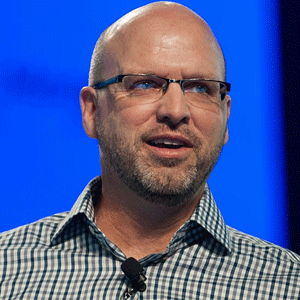THANK YOU FOR SUBSCRIBING

Alexandre Stephan , Partner, SP Ventures
Farming has reshaped the way we exist, and how the planet works. Economies and governments rely upon it. However, the current ag. framework is unsustainable. Agribusiness as of now, represents a large portion of our water (70%) and a high degree of our land use (40%), just as the majority of human-created ozone depleting substances (30%). With diminishing natural resources, the test of how to nourish a developing, urbanizing populace without further harming the earth is becoming increasingly more important.
There will be 10 billion people living on our planet by 2050. Farmers will have to grow more food in the next 30 years than they have in the last 8,000 years combined with less arable land and fewer people desiring to become farmers. Farmers will also have to grow more sustainably, more efficiently, and adapt to a changing consumer behavior. In order to produce healthy food in a sustainable way to such a large number of people, it involves rethinking our current approach to the food supply chain and intelligently applying technology to improve what nature already provides.
Additionally, there is a need to create a food ecosystem that integrates small and medium farmers while conserving natural resources with friendly practices to the environmental footprint. There is little doubt that governments and policymakers will have a profound impact on how the food ecosystem will evolve, as these stakeholders are directly affected by the impact of a changing climate and natural resource constraints.












